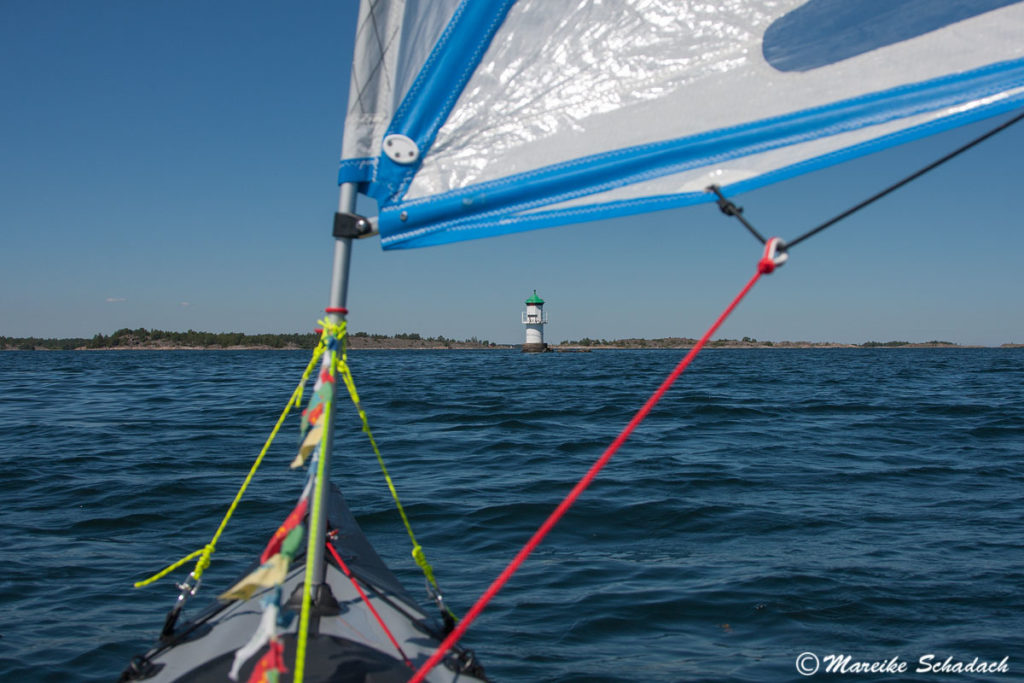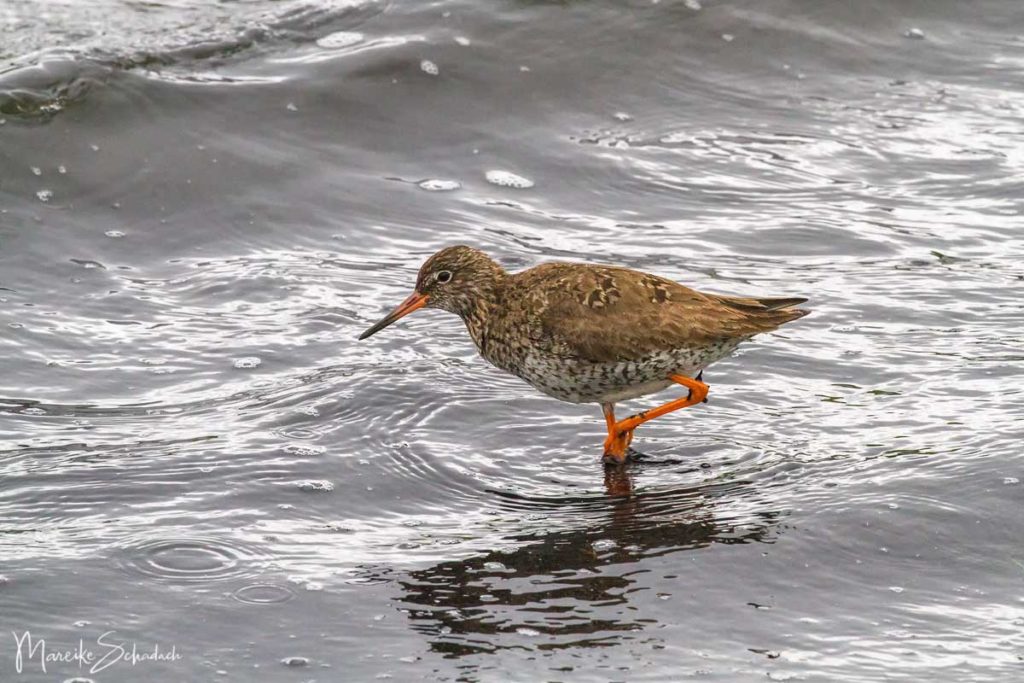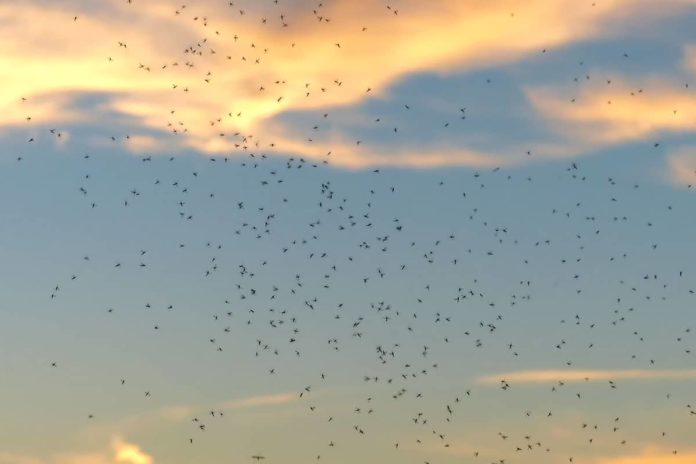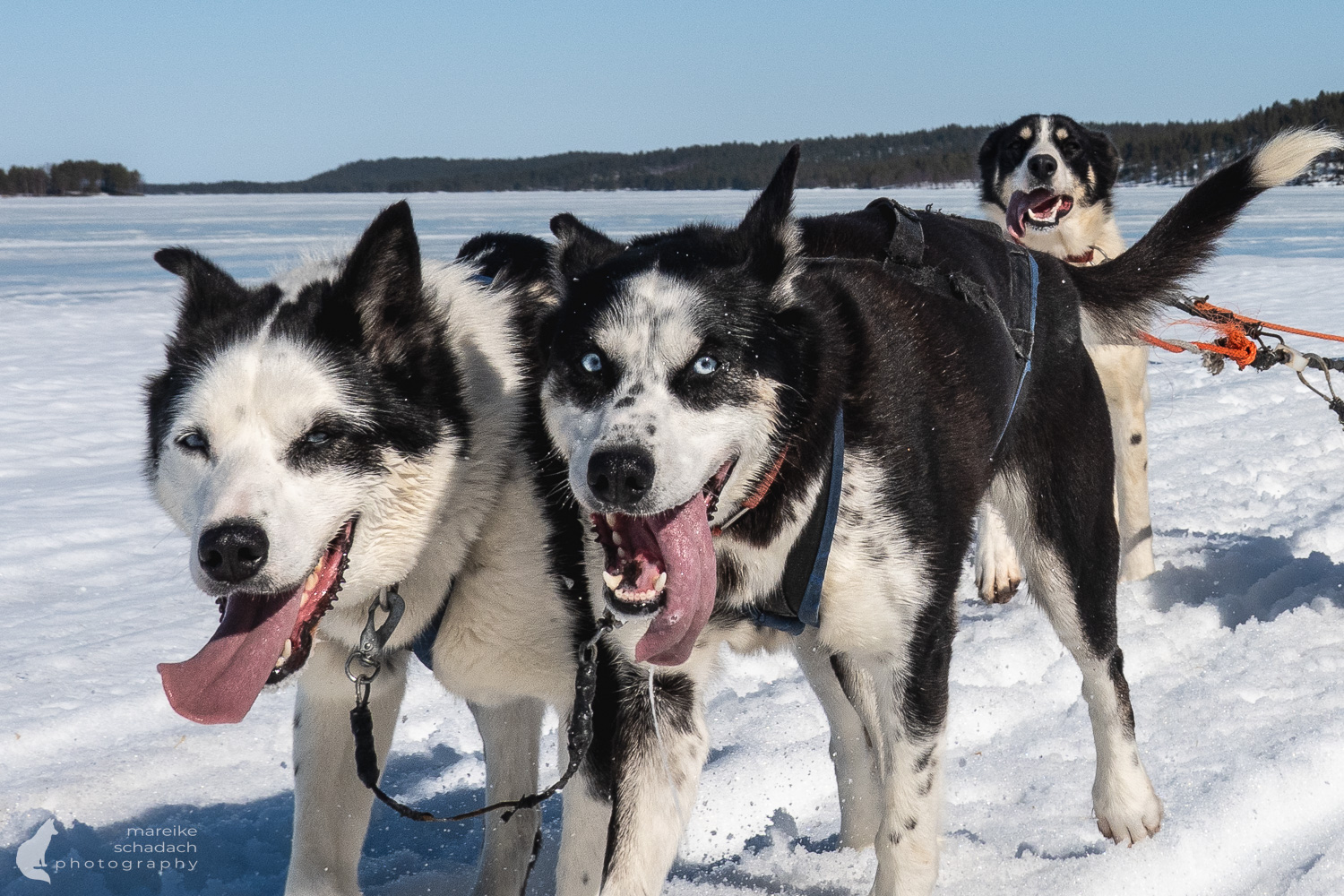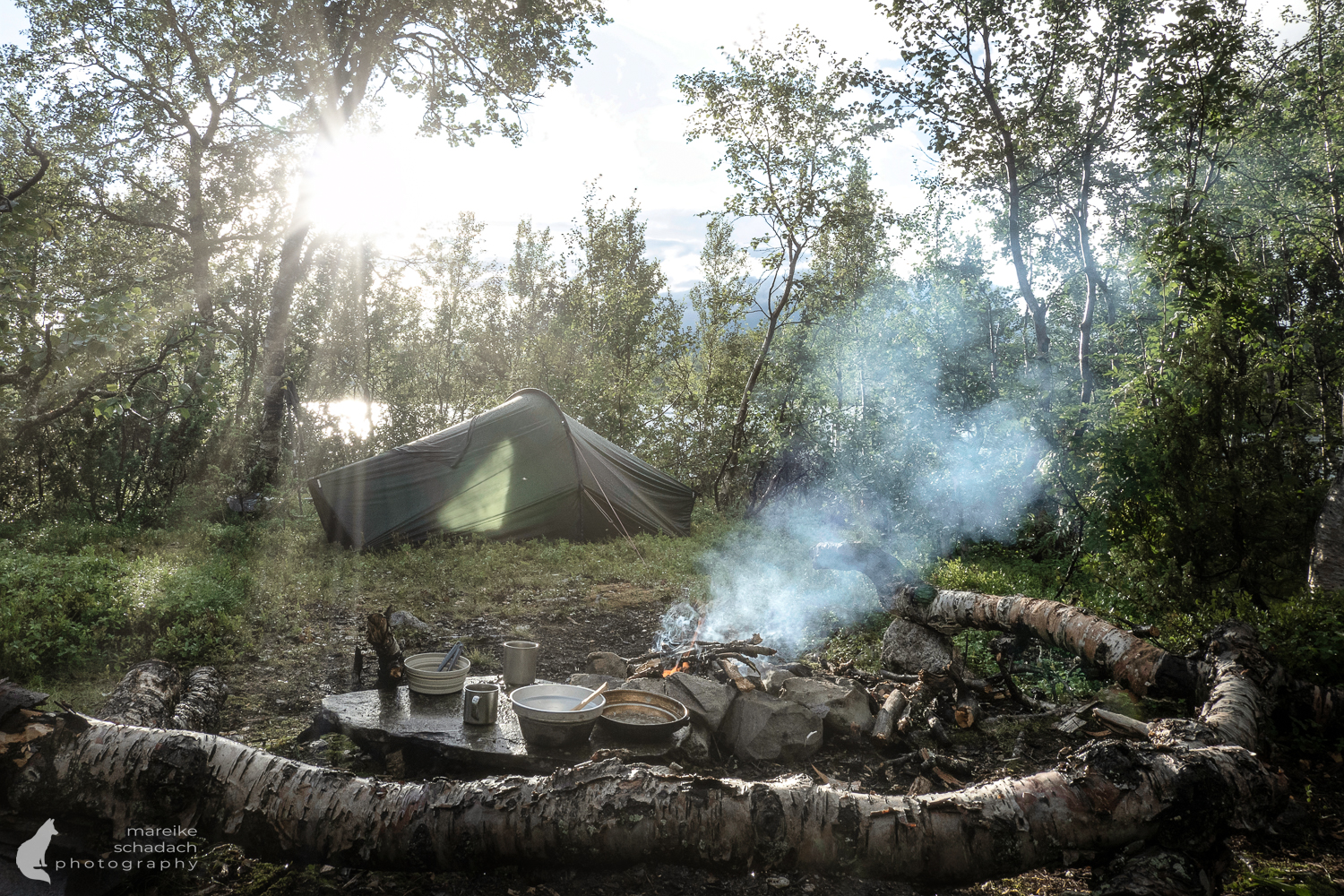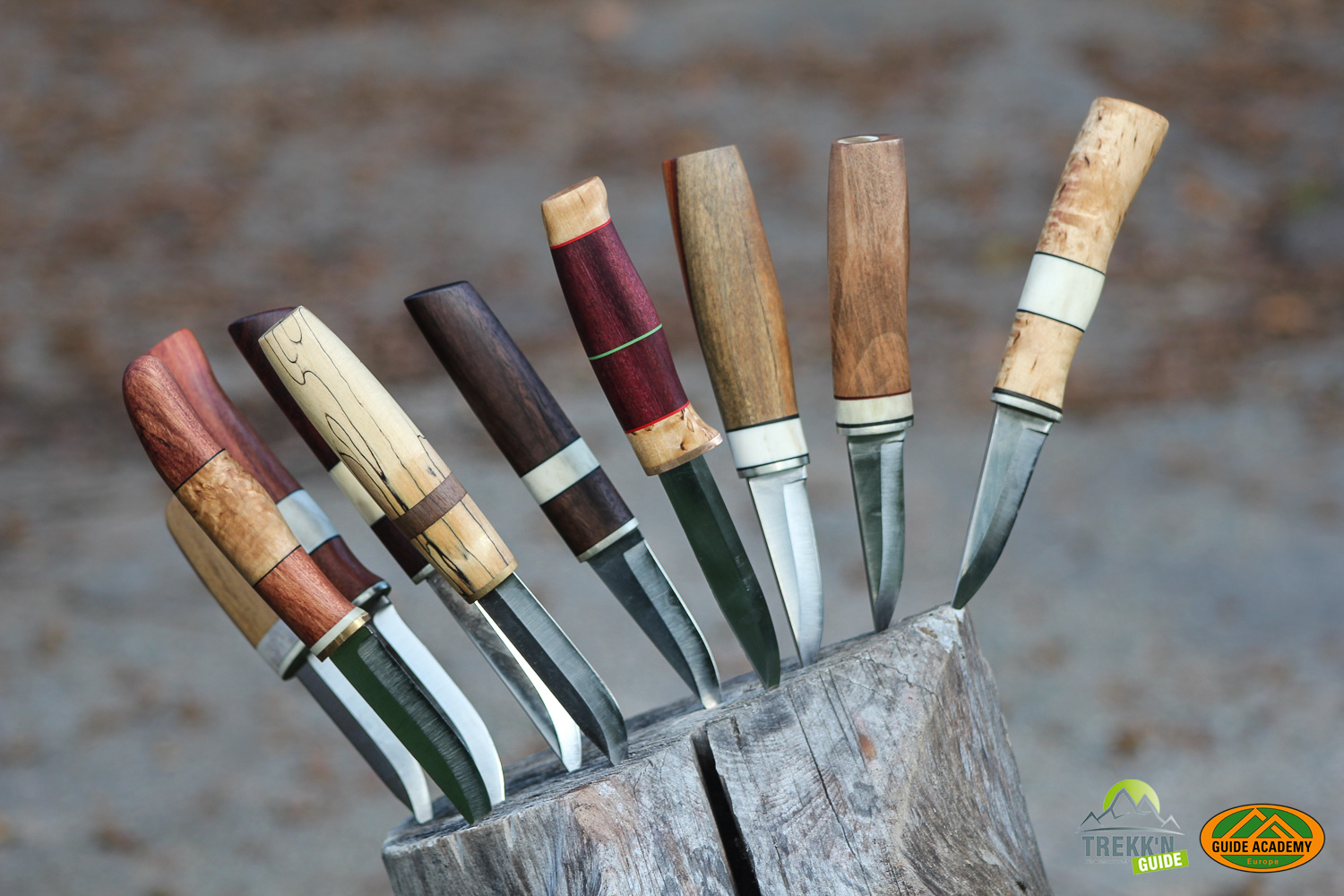Scotland. The Highlands in Scotland are notorious for their mosquitoes - the midges. In summer they attack hikers in droves - in their thousands. A relaxed picnic break? Better not - otherwise you will quickly become a snack for the midges yourself. What helps against these pests? Which places, times and weather is better avoided for a relaxed stay outdoors?
Unassigned, unpaid advertising. The article contains affiliate links.
Help! Midge Attack!!!
Who are these Pests? A few Facts
When is the Season for Mosquitoes in Scotland?
Where are the most Midges in Scotland?
When are Midges most active?
What Weather do Midges like?
The Scottish midges Forecast
What helps against Midges?
Tips for Camping in Midge Land
Help! Midge Attack!!!
I pull my mosquito net over my head and take a last deep breath. Then I open the zipper and force myself through the tent flap into the swarm. After only 10 seconds I am covered from top to bottom by midges. There must be thousands. Some of them have found a way into my mosquito net. I curse and pull the stakes out of the ground. We have never taken down our tent as fast as this morning. We gather everything up. Bad that our car is standing so far away. Heavily loaded we run off. I gasp for air and breathe in midges... That day we became heroes before our morning coffee - driven by the worst midge attack we have experienced during our road trip in Scotland.
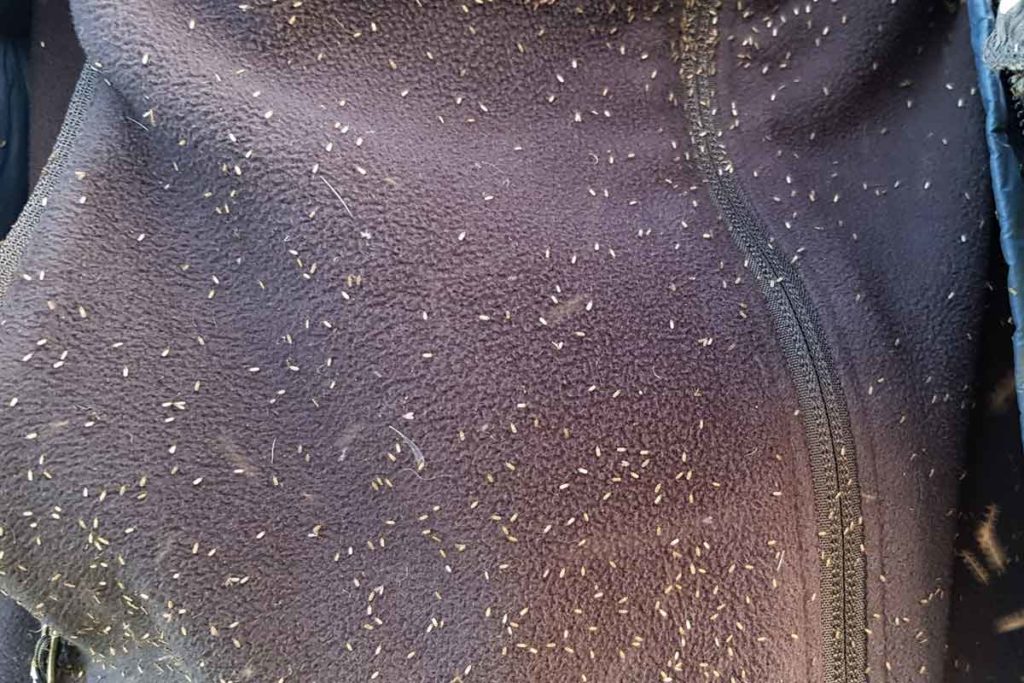
Who are these Pests? A few Facts
There are about 37 species of mosquitoes in Scotland. Five of them have also taken a liking to human blood. The species Culicoides Impunctatus - the so-called Highland Midge - is the most notorious of all. It usually feeds on the blood of cattle, sheep and deer. Where many animals live, mosquitoes are also to be expected. They can locate their prey at a distance of up to 200 m. Carbon dioxide serves the exact localization. If the midge remains undisturbed, it sucks about 2 µl of blood in 3-4 minutes.
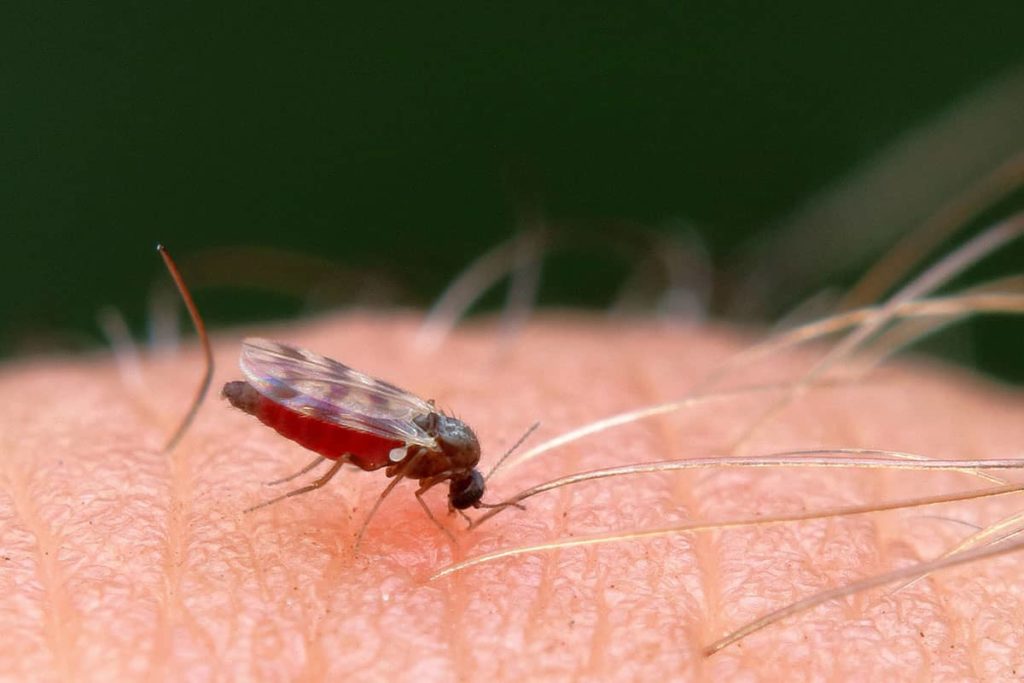
When is the Season for Mosquitoes in Scotland?
The mosquito season in Scotland usually starts in May and ends in September. From the beginning of June, the season really starts,because that's when the biting females are there. July and August are generally considered the worst time.
The midges start to hatch around May. First the males, about a week later the females. The males have only a short life, because they die after mating. Each female lays on average 30 to 100 eggs. The larvae hatch after 24 hours. Before they pupate into mosquitoes they go through four different larval stages. They survive the winter in the fourth larval stage a few centimeters below the ground surface, where they feed on rotting substance. The remaining midges die as soon as the autumn weather begins.
Where are the most Midges in Scotland?
Midges are the most commonly found in Scotland in the Western Highlands, especially near water bodies, peat bogs, bushes and shrubs. They need the damp, swampy ground for the egg-laying. Where many sheep, cattle or wild animals live, there are especially many midges. At altitudes above 500 m, midges are far less common. anzutreffen.
When are Midges most active?
Midges are most active in the early morning hours from 5 am with a peak between 7 and 9 am, just before dusk, and in the evening until around 11 pm. As soon as the irradiance of the sun is lower than 260 W/m2, the midges come out of their hiding places. Below 130 W/m2 all hell breaks loose.
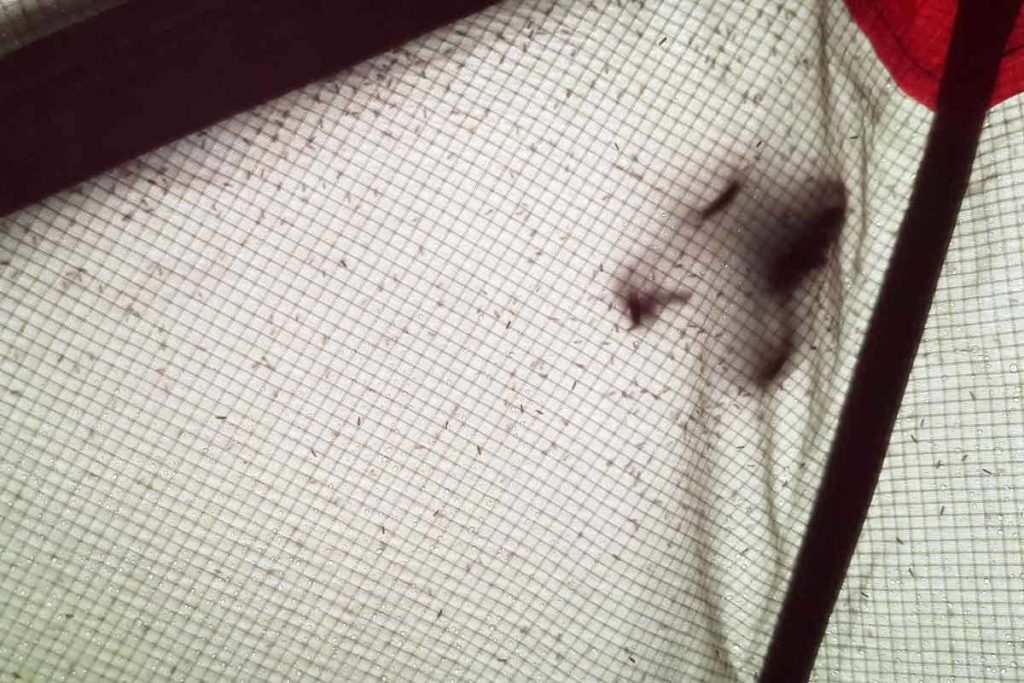
What Weather do Midges like?
Midges love:
- Warm and humid weather
- Shadows
- Clouds
- Protected locations with little wind
Midges hate:
- Cold and dry weather
- Direct sunlight
- Heavy rain
- Wind. From 5 miles per hour on the midges get warped. From 7 miles per hour you can no longer fly.
The Scottish midges Forecast
A helpful tool: The Midge Forecast by Smidge.
The midge forecast is based on data collected from midge traps and weather stations throughout Scotland. The scale ranges from 1 to 5, and from level three on it is time for a mosquito spray. From level 4 on it can be called a midge fog. What comes after the fog? Is there more? I would rather not know!
Interesting: The Scottish Forest Service has estimated that every summer up to 20% of working days can be lost to mosquito attacks. It is also estimated that the tourism industry misses out on around £268 million a year because holidaymakers avoid the mosquito season. So the mosquitoes help to protect the wilderness of Scotland from mass tourism.
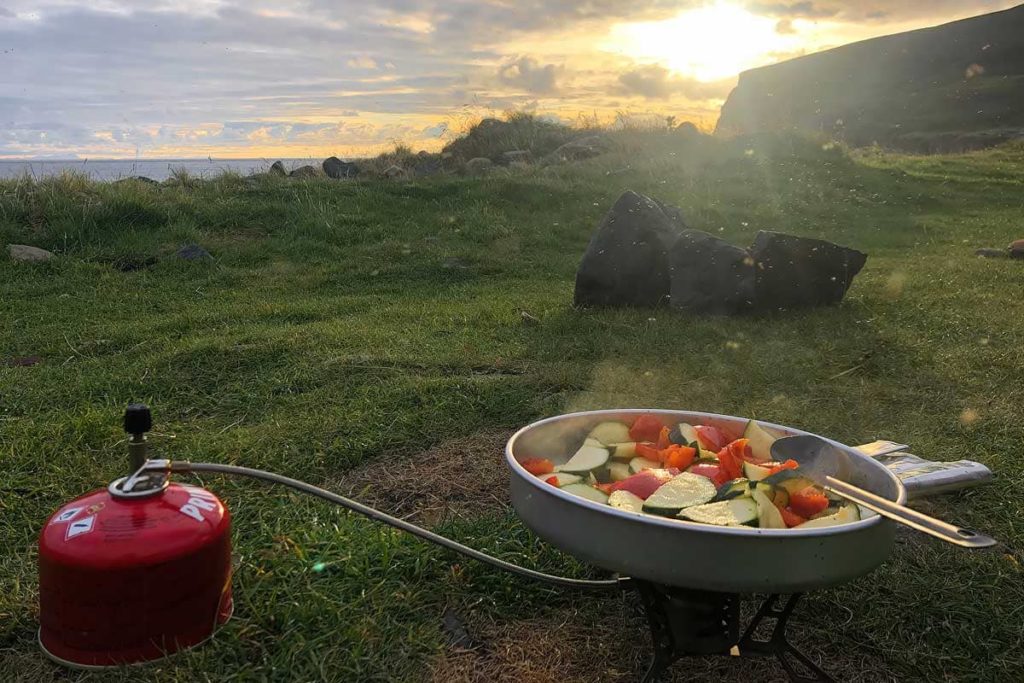
What helps against Midges?
Mosquito protection to wear
My Mosquito net for the head has become dear to my heart in Scotland. It was always handy and not only once saved me from midge suffocation. In the beginning it might be a bit uncomfortable and unfamiliar to wear. But believe me, it will quickly become your most important piece of luggage. Guard it like the apple of your eye so you don't lose it.
Additional protection is provided by long pants and long-sleeved shirts. It's best to tuck your trouser legs into your socks and wear a shirt that fits tight and high around your neck. You can protect your hands with gloves schützen. Light-colored clothes should attract mosquitoes less than dark ones.
midge repellent.
Many locals swear by Smidge. It is DEET-free and was developed in Scotland specifically for midges. Smidge works in two ways: An active ingredient blocks the antenna receptors. So the midges can't find you anymore. However, this was not quite as strong as hoped for. Nevertheless, the mosquitoes came to us in droves and landed on our skin, where they then stuck in a mixture of sweat and Smidge. But the midges hardly bit us anymore. They must have been pretty disappointed. Because thanks to Smidge we were no longer tasty for midges - that's the second mode of action of the repellent.
Auf Repellents based on DEET are not supposed to offer such good protection against the Scottish midges. They can also cause skin irritation in some people.
If possible, mosquito repellents should not be applied to clothing, watch straps or other items, as they can attack certain fabrics.
Natural Insect Repellents
The smoke of a campfire and citronella candles have proven to be natural insect repellents. Citronella and bog myrtle have also proven to be effective as a means of applying to the skin.
There is even said to be mosquito protection from the inside: Garlic Capsules and Vitamin B should make us unattractive to mosquitoes. But I have not tried it myself.
And then some people also have a kind of body-own mosquito repellent. What is that? Researchers have discovered that this is due to body odor. Some people have a higher ketone content than others. Mosquitoes hate the smell of ketone.
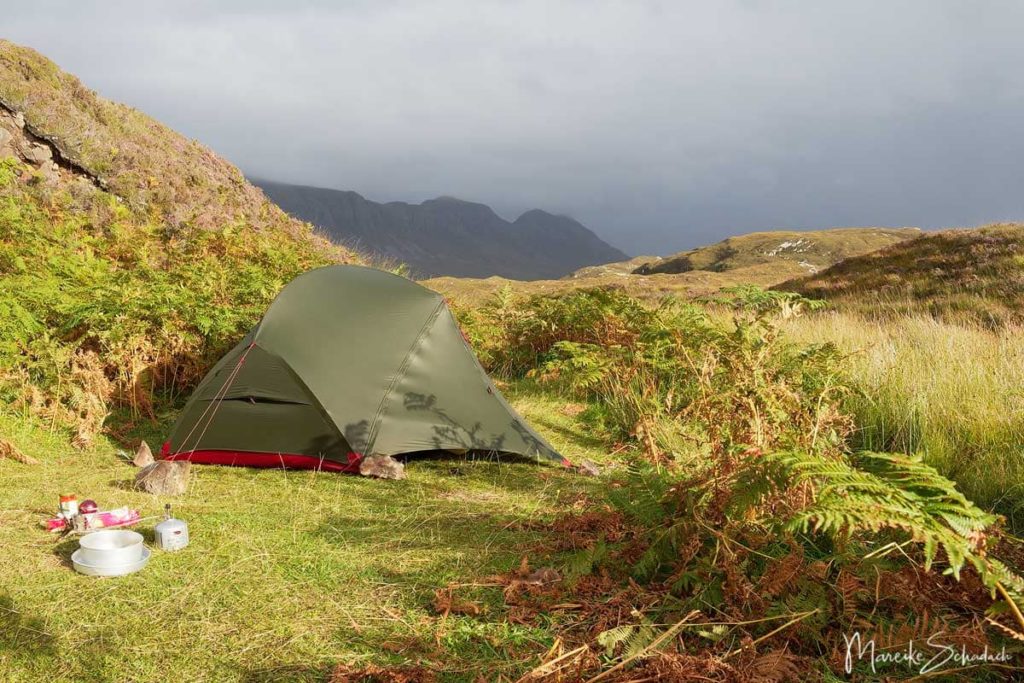
Tips for Camping in Midge Land
Camping can be a challenge in some places in Scotland because of the midges. So keep your eyes open when choosing a campsite! Don't pitch your tent too sheltered from the wind, because that's where most midges are. Avoid swampy areas, damp forests and sheep pastures. Coastal areas or mountain tops are better suited than inland or lowlands.
In the evening: make a fire - but only if allowed and possible. Otherwise: apply mosquito spray, mosquito net over your head and keep the tent flap tightly closed - especially if you have lights on inside the tent. When you go inside the tent, try to knock the midges off your clothes first.
In the morning: If you are lucky, you may have woken up in the night and gone to the "toilet" before dusk. If not, in the worst case it will have to wait now. Just like brushing your teeth and the breakfast coffee. The only thing that helps is to take down the tent, pack up and go to a place where there is a little wind as soon as possible.
Book Recommendations for Scotland
You want to know where the journey goes? Then I recommend the following travel guides, which have proven themselves on my trip:
Have you ever been to Scotland during the Midge season? What kind of experiences have you had? Do you have any more tips how to fight midges? If so, please write me a comment!
Do you want to know when there are new articles on my blog? Then follow me on Facebook, Pinterest or Instagram. I would also be very happy if you share my article with your friends.
Guided Tours on the Isle of Skye
You don't feel like wandering around on your own and would rather join a guided tour? Nothing could be easier. If you book an excursion via the following affiliate links, you will support Wanderlust Motifs with a small commission. The tour will not be more expensive for you. Merci!
Recommendations for further Reading
Not only Scotland is famous for its mosquitoes. Iceland and Sweden are also known for their pests. In Iceland even a whole lake was named after the mosquitoes. Have a look at Mývatn in Iceland.You want to experience Sweden and not be chased by mosquitoes? How about a kayak tour in the archipelago?
